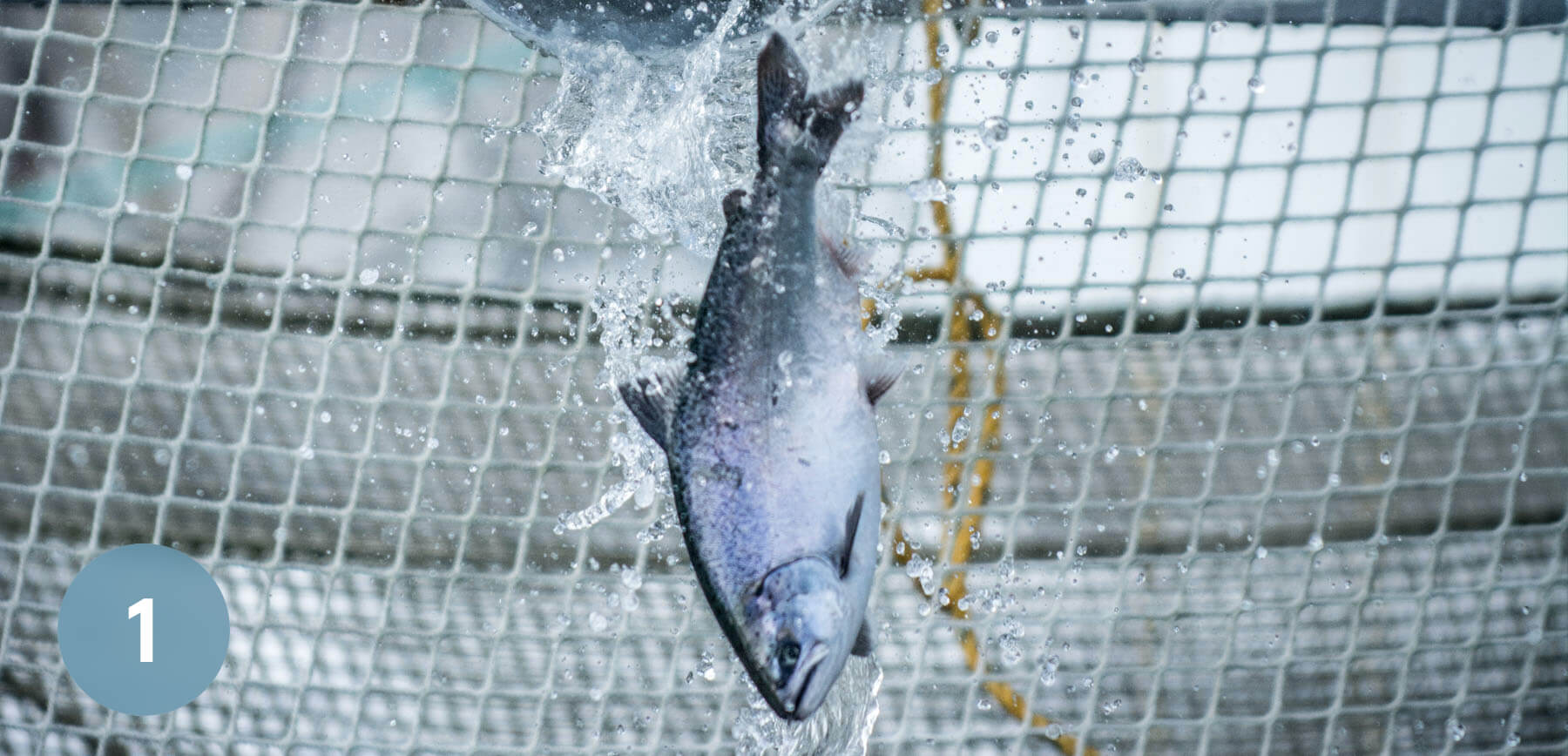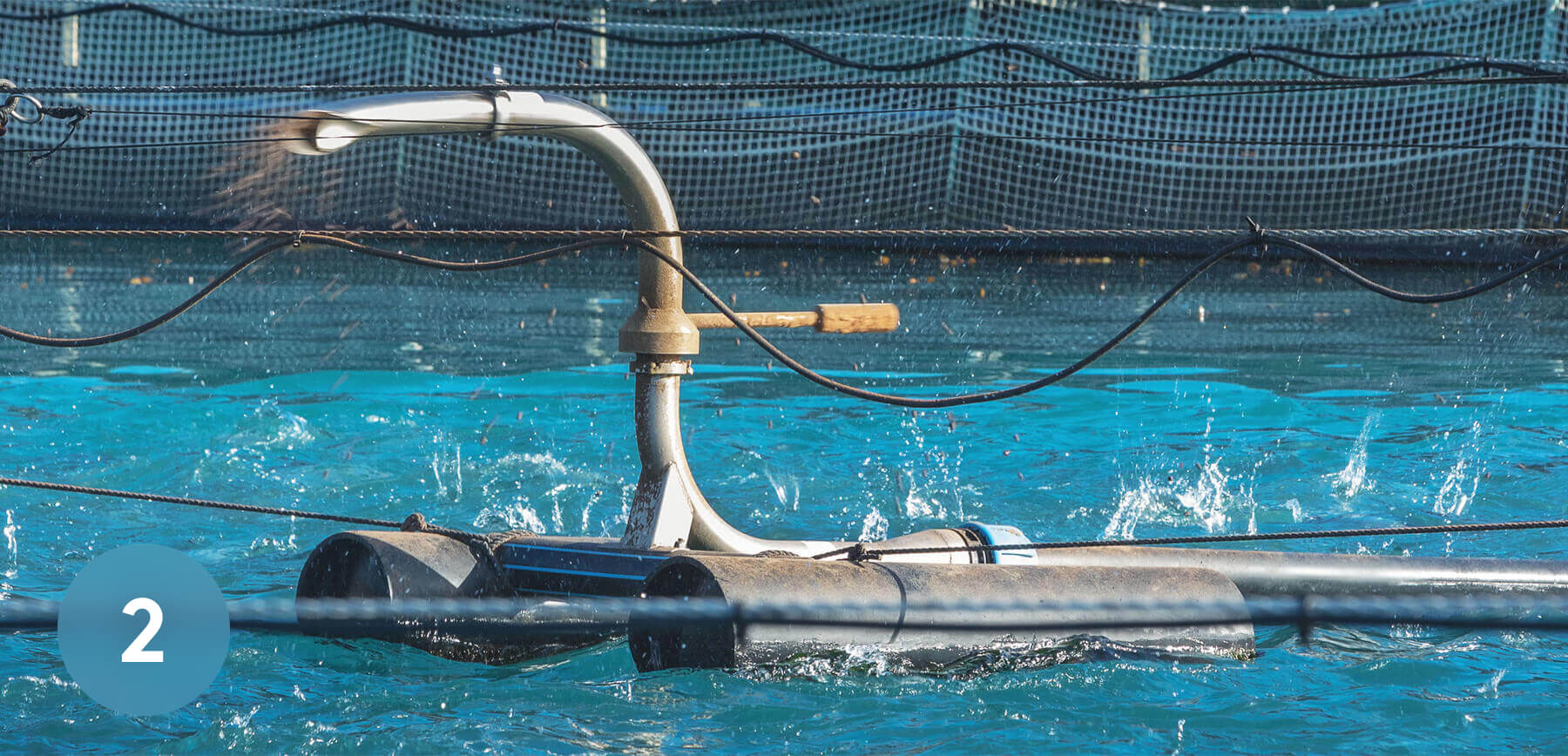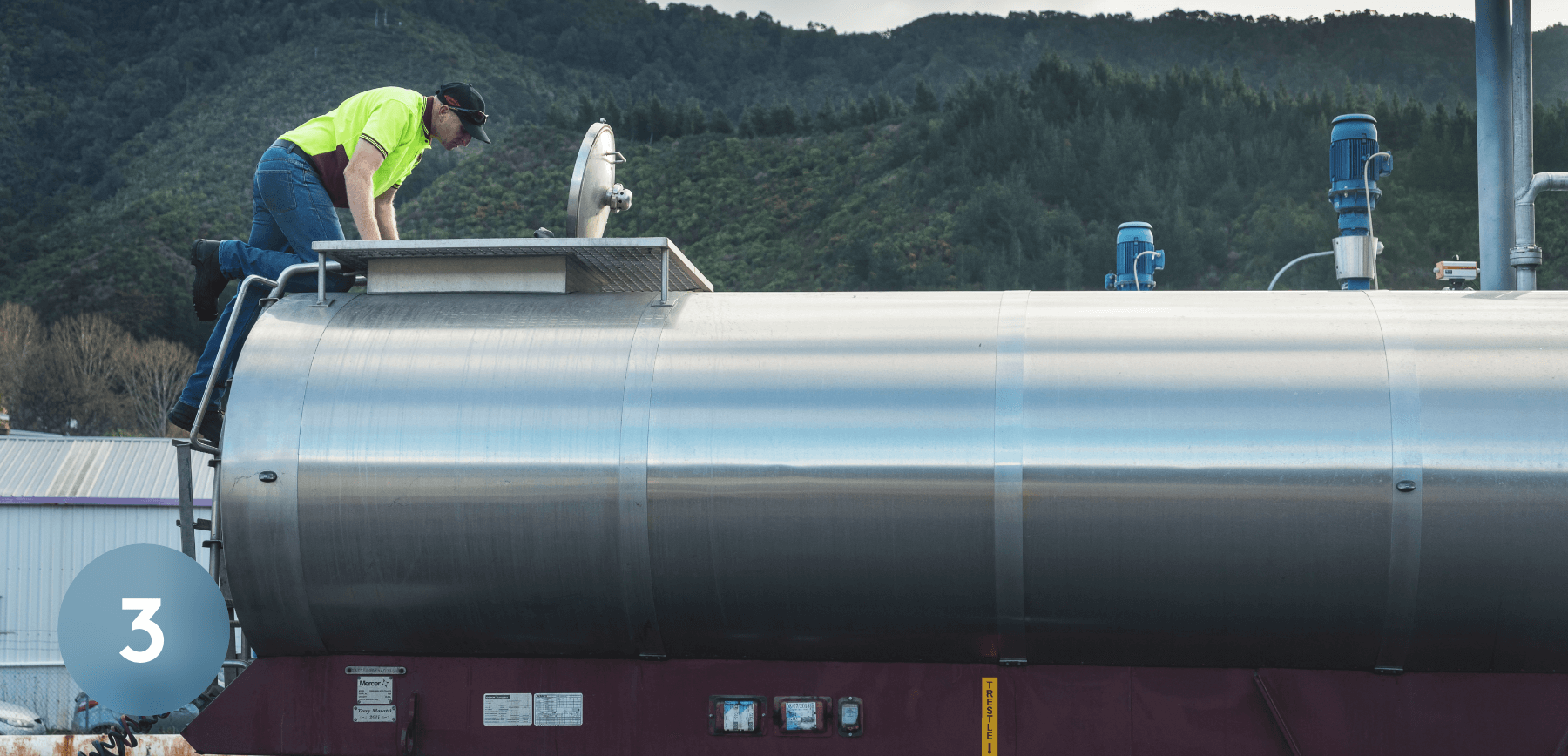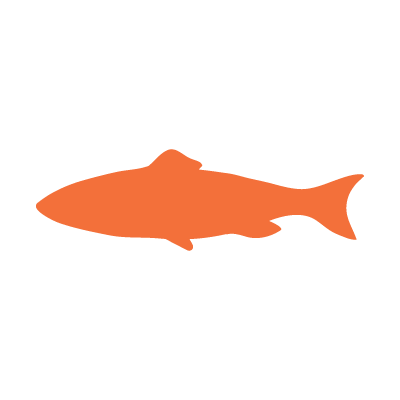Our seawater farm locations
Our seawater farm locations
Seawater
Seafarm sites require high quality, deep, cool waters with sufficient flow. Our Marlborough Sounds seafarms are situated in the Tory Channel, Queen Charlotte Sound and Pelorus Sound.
Seafarm process
Compliance and regulation
Globally, salmon farming is a highly regulated industry. In New Zealand, consents and regulations for fish farming are primarily legislated under the Resource Management Act 1991 and the Fisheries Act 1996.
Under the Ministry for Primary Industries (MPI) and Marlborough District Council (MDC) regulations, our seafarm consent conditions are reviewed annually. All documentation related to our farm consents and results from annual monitoring are available to the public via the MDC website.
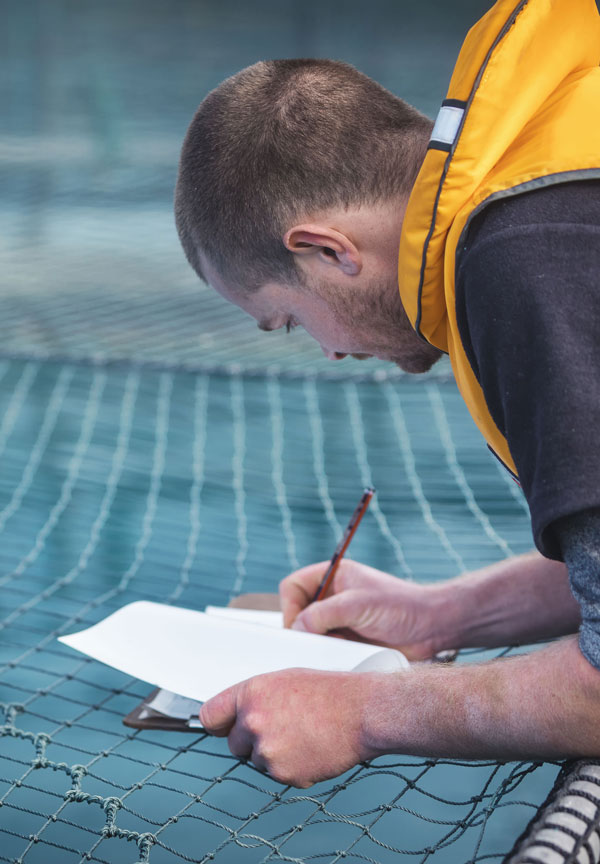
Farm monitoring reports
Operational changes
We have recently implemented some operational changes in order to improve our practices for the overall wellbeing of our fish.
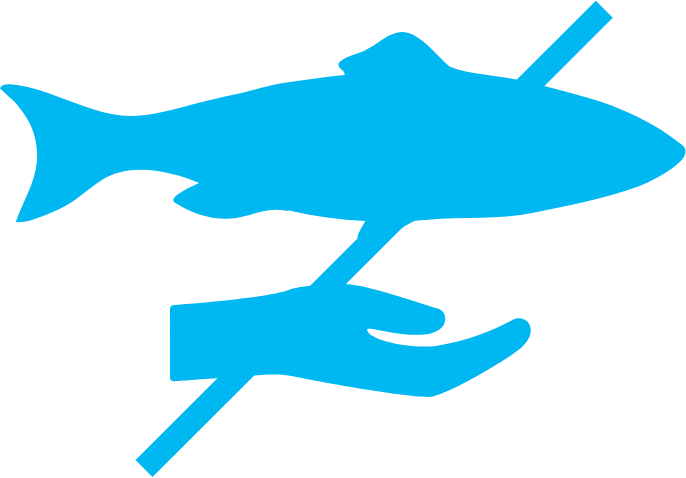
MINIMAL HANDLING
we aim to minimise handling as much as possible
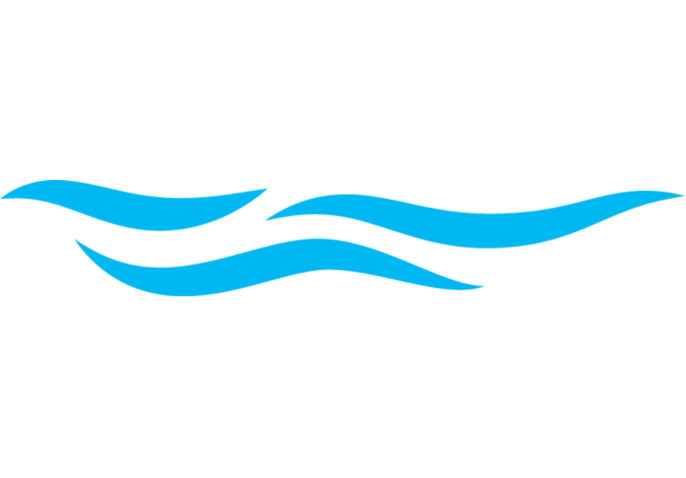
UPWELLING SYSTEMS
to provide cooler water from depth and improve water flow
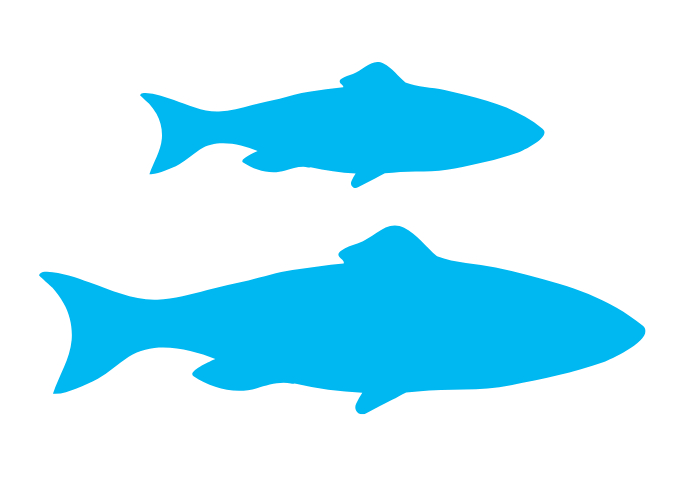
PASSIVE GRADING SYSTEMS
for balanced growth, to separate larger fish for harvest and reduce biomass before summer
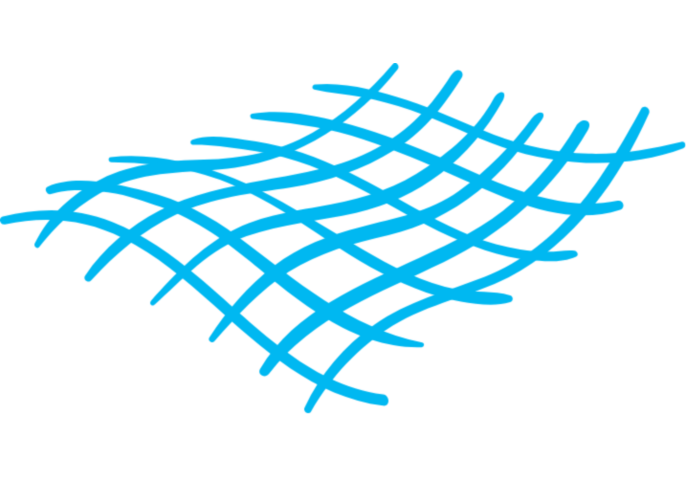
NET MANGAGEMENT
post-harvest assessment of nets for replacement or repair and disinfection
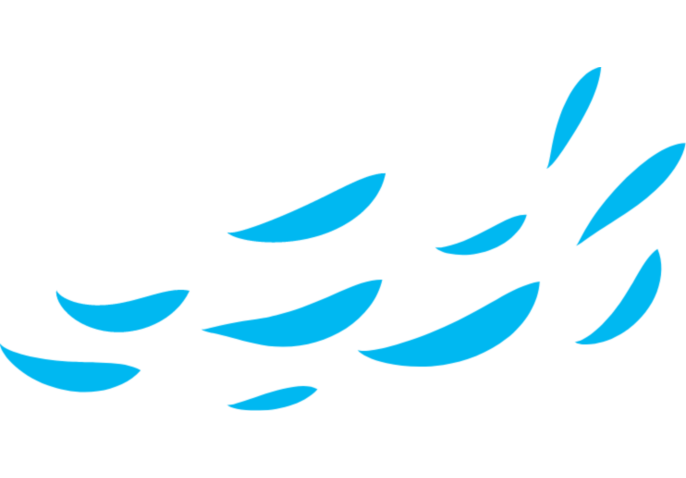
SITE FALLOWED
to allow seabed remediation and essential farm maintenance
